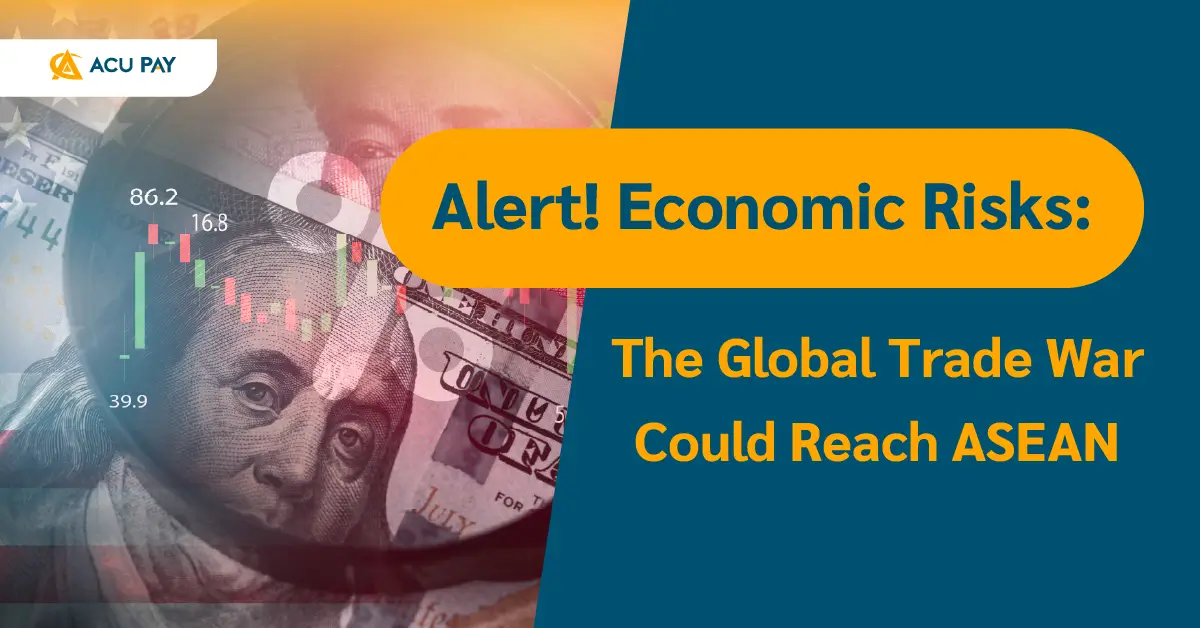

However, after dealing with this matter, analysts believe that Trump may shift his focus to countries contributing to the U.S.’s growing trade deficit, which may not directly involve China at this stage.
An important factor is that China, as an economic competitor, can respond strongly if the U.S. increases tariffs on Chinese goods. China is likely to retaliate with strong measures, just as it did during the “Trump 1.0” administration, which led to economic damage for both countries.
Recently, Trump gave an interview with Fox News, saying that “Xi Jinping” is like a friend to him, and he does not want to impose tariffs on China at the moment. This could signal that the Trump administration is considering trade measures with countries that can be more easily acted upon first.
Instead of directly pressuring China, Trump may choose to target weaker countries with large trade surpluses with the U.S. and those acting as a transit point for Chinese goods entering the U.S., namely the “ASEAN countries,” including “Thailand.”
According to data from KKP Research, in 2024, ASEAN had a trade surplus with the U.S. of up to $240 billion, ranking second in the world, just behind China. With this, ASEAN is at significant risk of facing export restrictions from the U.S.
The country most affected in ASEAN is likely to be “Vietnam,” as it had a trade surplus with the U.S. of $120 billion in 2024. Recently, U.S. Secretary of State “Marco Rubio” pressured Vietnam’s Deputy Prime Minister “Bui Thanh Son” to reduce its trade surplus. As a result, Vietnam had to consider buying aircraft from Boeing and high-tech goods from the U.S. to maintain trade relations.
Although Thailand’s surplus with the U.S. is lower than Vietnam’s, it still ranks second in ASEAN and eleventh globally, with a value of $47 billion. This poses a high risk of being pressured to purchase more U.S. goods.
Furthermore, even though the U.S. may not directly raise tariffs on China, it will become harder for Chinese goods to be exported to the U.S., leading China to seek new markets for its goods. ASEAN, of course, will become a key target.
If the U.S. pressures ASEAN countries to reduce trade surpluses or buy more U.S. goods while facing a flood of Chinese goods entering the market, ASEAN could find itself in a difficult situation. This issue needs close monitoring to see what further measures the U.S. will implement and how ASEAN will handle the pressure.

MAKE A GREAT DAY WITH ACU PAY